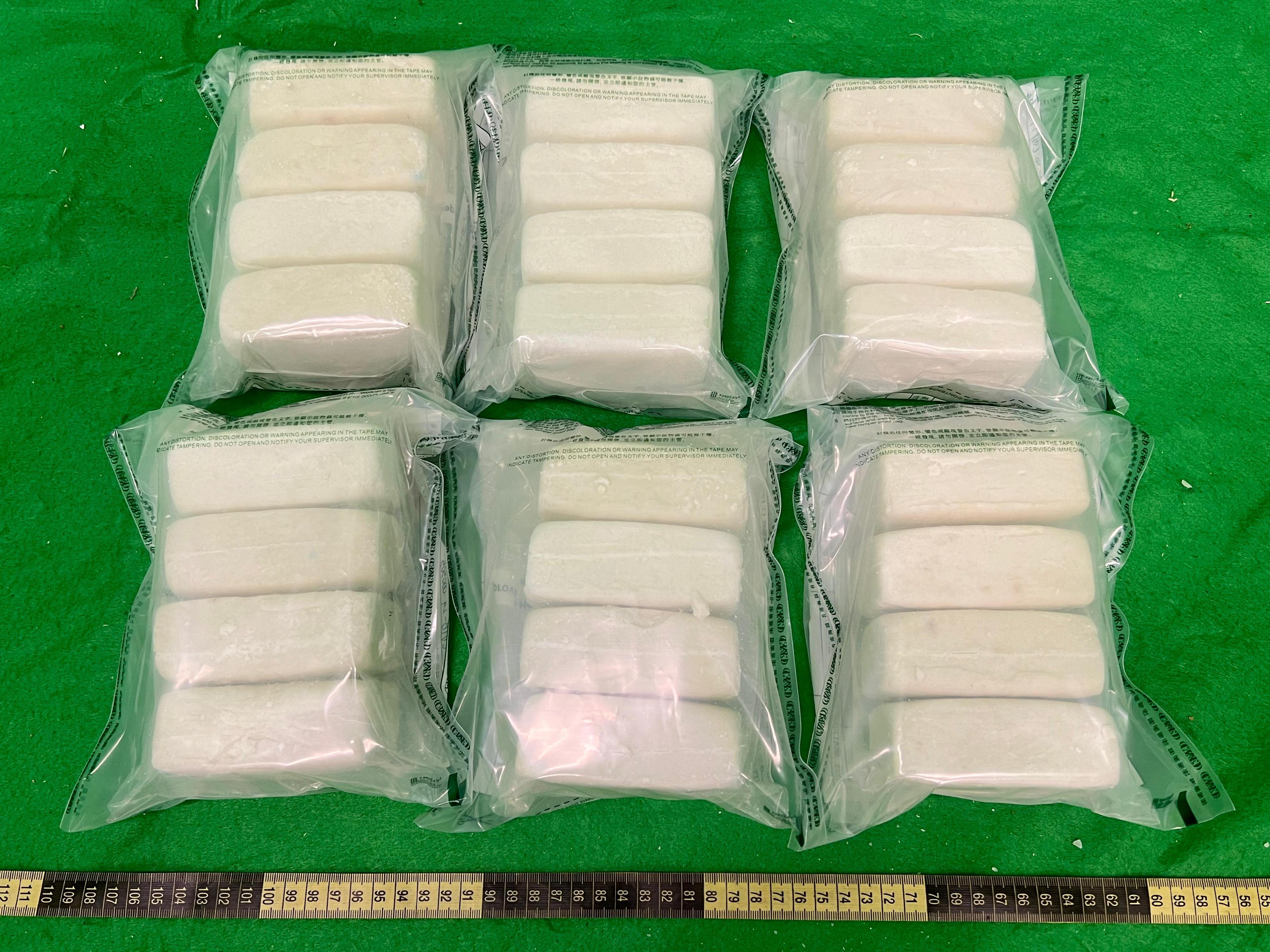The Centre for Health Protection (CHP) of the Department of Health (DH) said today (February 15) that it is investigating a confirmed Mpox (also known as Monkeypox) case, and urged the public to heighten vigilance and avoid close physical contact with persons suspected of contracting Mpox. Meanwhile, high-risk target groups are advised to receive Mpox vaccination.
The case involves a 48-year-old male patient with an underlying illness. He had developed skin rash since February 7, and visited the Yau Ma Tei Male Social Hygiene Clinic of the DH on February 9. He is in stable condition and arrangements have been made for him to be admitted to Princess Margaret Hospital.
An initial investigation revealed that the patient had visited Singapore during the incubation period. According to the patient, he only had high-risk exposure in Singapore during his incubation period. No epidemiological linkages between this case and other confirmed cases recorded in Hong Kong earlier have been found so far. The CHP is continuing its epidemiological investigations of the case and will report the case to the World Health Organization.
A total of 57 confirmed Mpox cases have been recorded in Hong Kong so far. The CHP appeals again to high-risk target groups to receive Mpox vaccination with a view to lowering the risk of infection or the possibility of having more severe symptoms after infection. Persons who experience Mpox symptoms (including rashes, fever, chills, swollen lymph nodes, exhaustion, muscle pain, and severe headaches) or suspect themselves of being infected are advised to seek medical attention and receive treatment at once, and they should not engage in activities with others during which other people may have contact with their skin rash or body fluids. Members of the public should maintain good personal and hand hygiene to prevent virus transmission or infection through contact. They should also avoid close physical contact with persons or animals suspected of infection.
The CHP had earlier set up an Mpox telephone hotline (2125 2373). The hotline operates from Monday to Friday (excluding public holidays) from 9am to 5pm, which enables those who suspect or are concerned they have had high-risk contact with confirmed patients, in particular men who have sex with men or those who have sexual practices with strangers, to make enquiries and receive relevant health advice.
The DH provides vaccination service for high-risk groups of MPox. The following high-risk target groups can receive Mpox vaccination on a voluntary basis:
- Individuals with high-risk sexual practices, e.g. having multiple sexual partners, sex workers, or having a history of sexually transmitted infection within the past 12 months;
- Healthcare workers responsible for caring of patients with confirmed Mpox;
- Laboratory personnel working with zoonotic pox viruses; and
- Animal care personnel with high risk of exposure in case of Mpox occurrence in animals in Hong Kong.
High-risk target groups can receive Mpox walk-in vaccinations at all of the DH’s Social Hygiene Service Clinics (SocHS) (namely Chai Wan SocHS, Wan Chai Male SocHS, Wan Chai Female SocHS, Yau Ma Tei Male SocHS, Yau Ma Tei Female SocHS, Yung Fung Shee SocHS, Fanling SocHS and Tuen Mun SocHS). Further information of the clinics including their locations is available at
www.dh.gov.hk/english/tele/tele_chc/tele_chc_shcf.html and
www.dh.gov.hk/english/tele/tele_chc/tele_chc_shcm.html.
Meanwhile, the DH’s Kowloon Bay Integrated Treatment Centre and Yau Ma Tei Integrated Treatment Centre, and the Hospital Authority’s Special Medical Clinics at Queen Elizabeth Hospital and Princess Margaret Hospital will also provide Mpox vaccination services for their clients.
​For more details, please visit the CHP’s page on
Mpox.
read more


